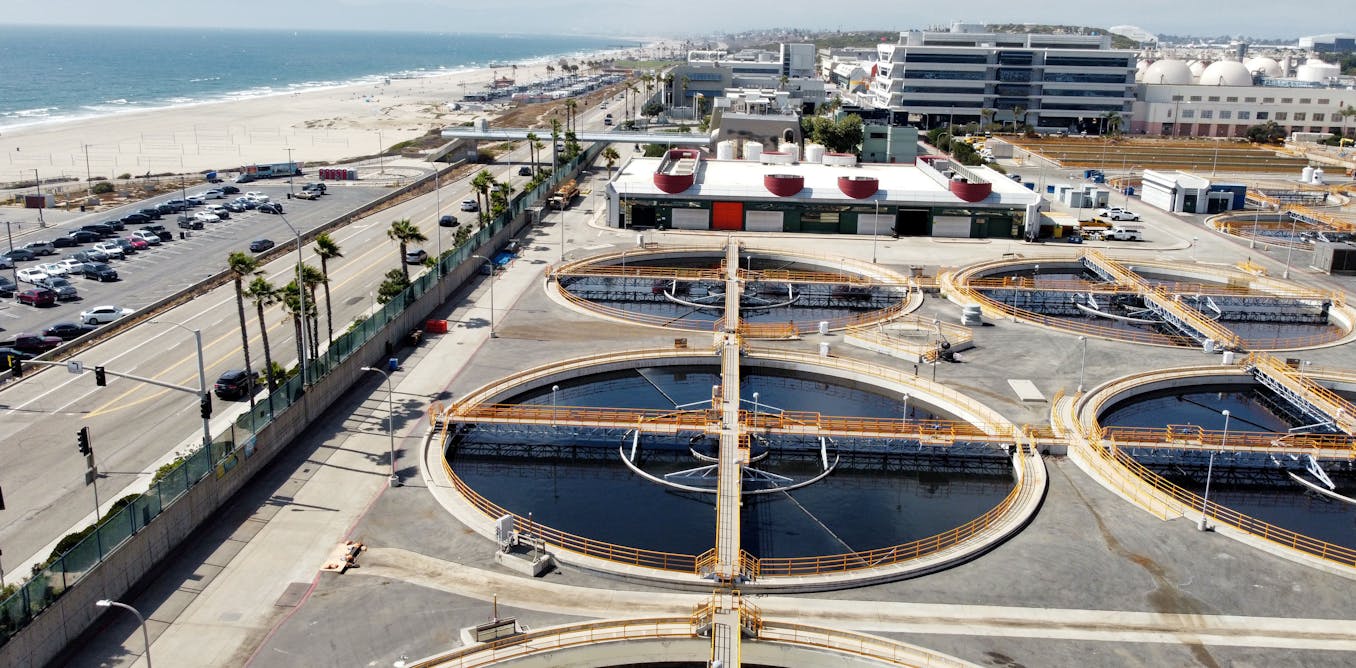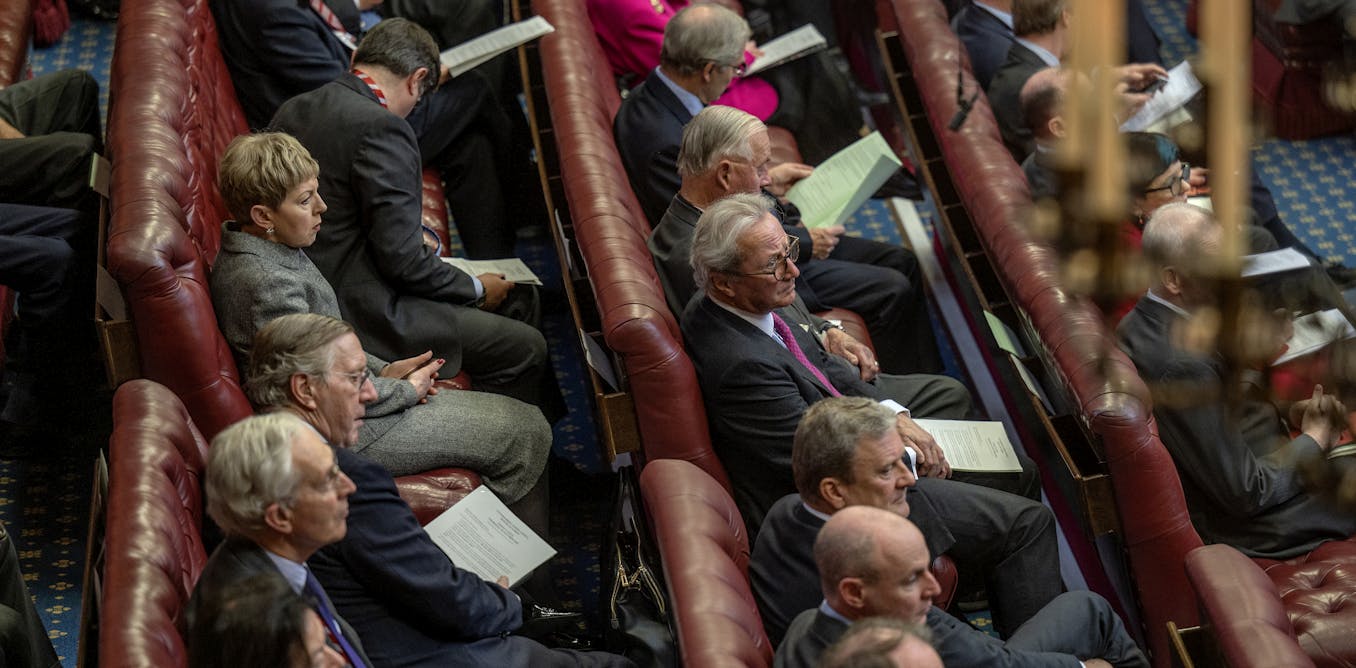A senior Google executive has warned of the “very serious” threat posed to democracy by artificial intelligence (AI) powered deepfakes, in a year of crucial national elections across the world.
The concerns have resulted in the heavyweights of the tech industry coming together to thwart the rise of disinformation and malicious actors online. Google has joined forces with more than 15 other companies, including Meta, X, Amazon, and TikTok to conduct a scheme to instantly identify and label suspected fake content which has a specific malicious intent.
Kent Walker, Google’s president for global affairs, has spoken of the need to be alert against the speed of AI development and its use to influence voters through deepfakes. He specifically mentioned “micro-targeted” content aimed to unduly influence small but crucial communities among the electorate.
“We have learned a lot over the last decade and we take the risk of misinformation or disinformation very seriously,” he said.
“For the elections that we have seen around the world, we have established 24/7 war rooms to identify potential misinformation.”
Post-truth problems for Google
The initiative from big tech known as the Munich Accord will aim to safeguard authentic online content by utilizing AI and algorithms to create ‘watermarks’ for legitimate videos and audio, whilst detecting the fakes from bad actors.
Estonia’s former President, Kersti Kaljulaid, was one of several diplomatic voices to herald the collaborative project, stressing its importance in avoiding a dystopian situation of no trust or authority in media.
“The real risk is that by the end of the year, no one will believe anything that they see, because everything can be a lie,” said Kaljulaid.
“Actually, I think the tech companies are the only ones that can help, because imagine a government telling people that ‘deepfaking’ is forbidden in its country in an electoral year – what will the opposition say?”
In recent times, AI-powered content has gone viral for the wrong reasons, with impacts made on minds as well as attacking the democratic process.
London Mayor Sadiq Khan blasted a deepfake audio file which had the potential to cause “serious disorder” and on the other side of the Atlantic, AI developers mulled a ban on images of Joe Biden and Donald Trump in the lead-up to the US presidential election later this year.
The Indonesian electorate was presented with deepfake electioneering in the form of a video message from its former dictator and feared ruler, Suharto, in an address to influence support for the preferred candidate of the Golkar political party.
Deepfake content isn’t going away, its sophistication and proliferation will only increase further so democracy must find a way to cut through the noise and influence to retain control and authority.
Image: Midjourney

The post “Deepfake fears intensify as Google CEO sounds alarm on AI misinformation” by Graeme Hanna was published on 02/19/2024 by readwrite.com


































